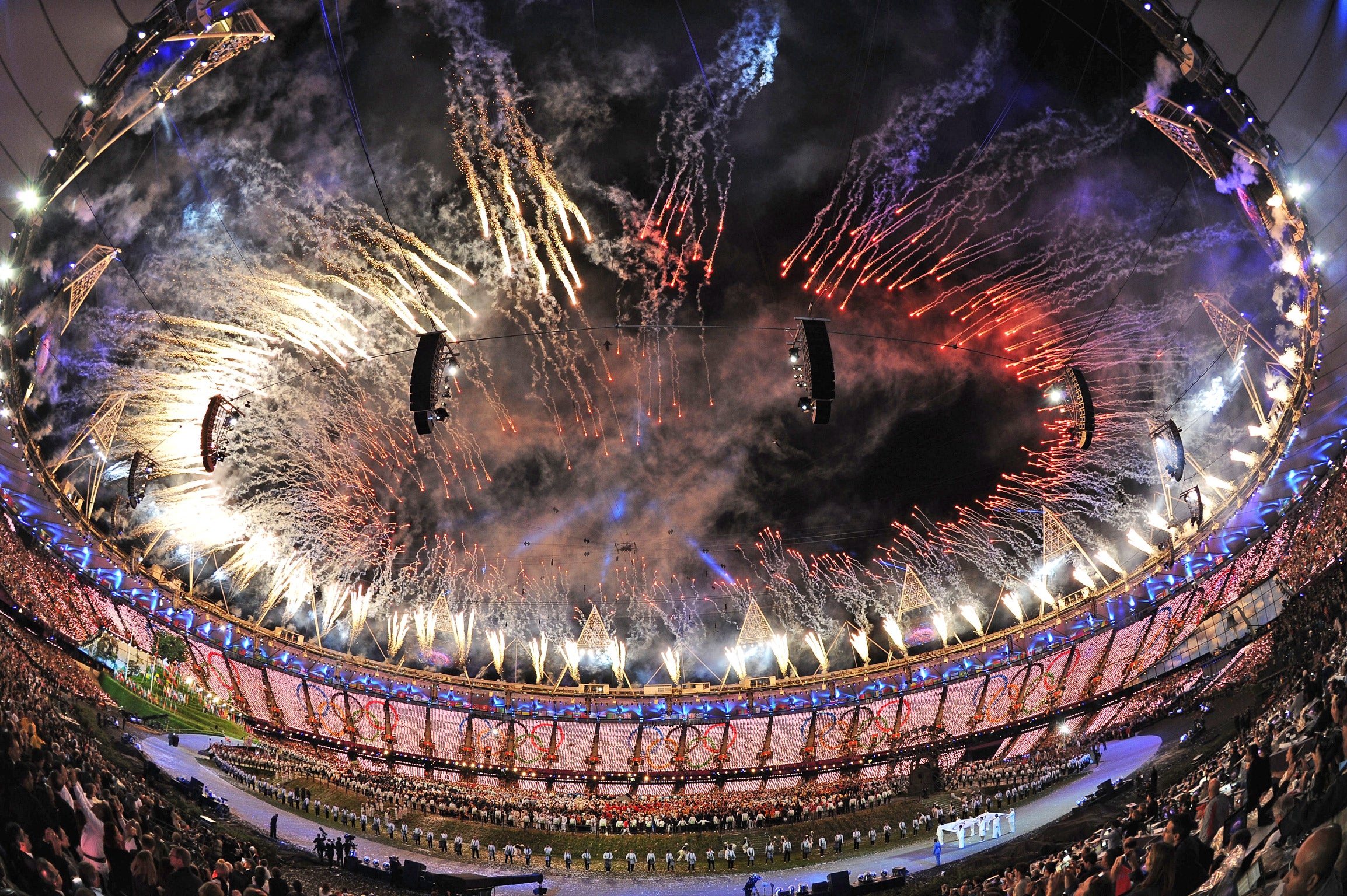Sixty British companies banned from publicising their involvement with London 2012

Almost sixty British companies have been banned from publicising their involvement with the successful London Olympics to protect the interests of major international sponsors, an investigation has found.
In the aftermath of the Games David Cameron said he wanted to use the event to boost Britain’s exports abroad by billions of pounds – selling its expertise in construction, logistics and technology to countries around the world.
But an investigation by Construction News has found that a fifth of applications for Olympic marketing licences have been rejected by the British Olympic Association. The licences allow firms to promote their Olympic work abroad, at trade shows and at award ceremonies.
Several firms have been rejected on the grounds that promoting their work on the Olympics might infringe the rights of major sponsors.
The launch of the licensing scheme in January was warmly welcomed by industry, which was eager to tout its achievements on one of the most successful construction projects in recent years.
Until then firms had been barred from referring to themselves as suppliers to London 2012, LOCOG or the Olympic Delivery Authority, with the threat of legal action if the rules weren’t adhered to.
But figures obtained by Construction News reveal that as of the beginning of March while 285 applications had been approved, 60 firms had been turned away while a further 165 were under review.
One of the firms, the supply and contracting giant Aggregate Industries, carried out asphalt surfacing worth more than £9m and provided 1,500 bespoke precast units to the Velodrome, including terracing and staircases. It was also cited as one of the case studies on Olympics construction.
Miles Watkins, a director of Aggregate said that its application had been “crystal clear” and that it would be going back to the authorities to say it saw “no overlap or competitive threat”.
He said: “There is zero conflict in my view between what the sponsors are looking for – being associated with a global sporting event – and what the construction industry’s interest was – being associated with a vast project when there’s no room for deadlines to be missed.”
Mr Watkins added that, aside from the commercial advantages, being able to market Olympic work would allow firms to share best practice in terms of sustainability and the long-term approach taken to the delivery of the Games.
Another subcontractor, SE Controls UK, said the firm was baffled and confused at the rejection under the ‘air conditioning’ category.
“They haven’t really given a great explanation,” the spokesperson said. “It’s like saying you can’t advertise trains in the same place as cars.”
The firm said it had no products or services relating to the category it was excluded for, and had installed its own products using directly employed staff.
“As soon as we heard about [the lifting of the ban] we thought we could get cracking on it and really hadn’t anticipated that an exclusion would apply to us at all,” said the spokesperson.
“We’re obviously keen to advertise our work. On our own website, why shouldn’t we be able to publish the fact that that’s a project we worked on? It gives us credibility.”
She said the firm had contacted the BOA for further information on how its work conflicted with the exclusions.
A BOA spokesman told Construction News the body was committed to ensuring as many UK businesses as possible benefit from the SRLS.
It said: “Our team takes a careful look at every application and works to find ways to balance the commercial rights of the global Olympic Partners – without whose support there would be no Games – and the opportunity to provide British businesses that supplied goods and services with a licence that enables them to further benefit from their work in support of the Games.”
Although there is no formal appeal process, the BOA said it would “absolutely encourage dialogue and are happy to look at applications again”, urging declined companies to send additional information and supporting material.
It added that candidates were instructed to make their case as to why they didn’t fit into excluded categories.
Subscribe to Independent Premium to bookmark this article
Want to bookmark your favourite articles and stories to read or reference later? Start your Independent Premium subscription today.

Join our commenting forum
Join thought-provoking conversations, follow other Independent readers and see their replies